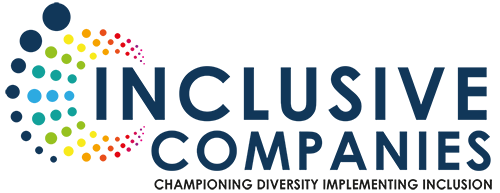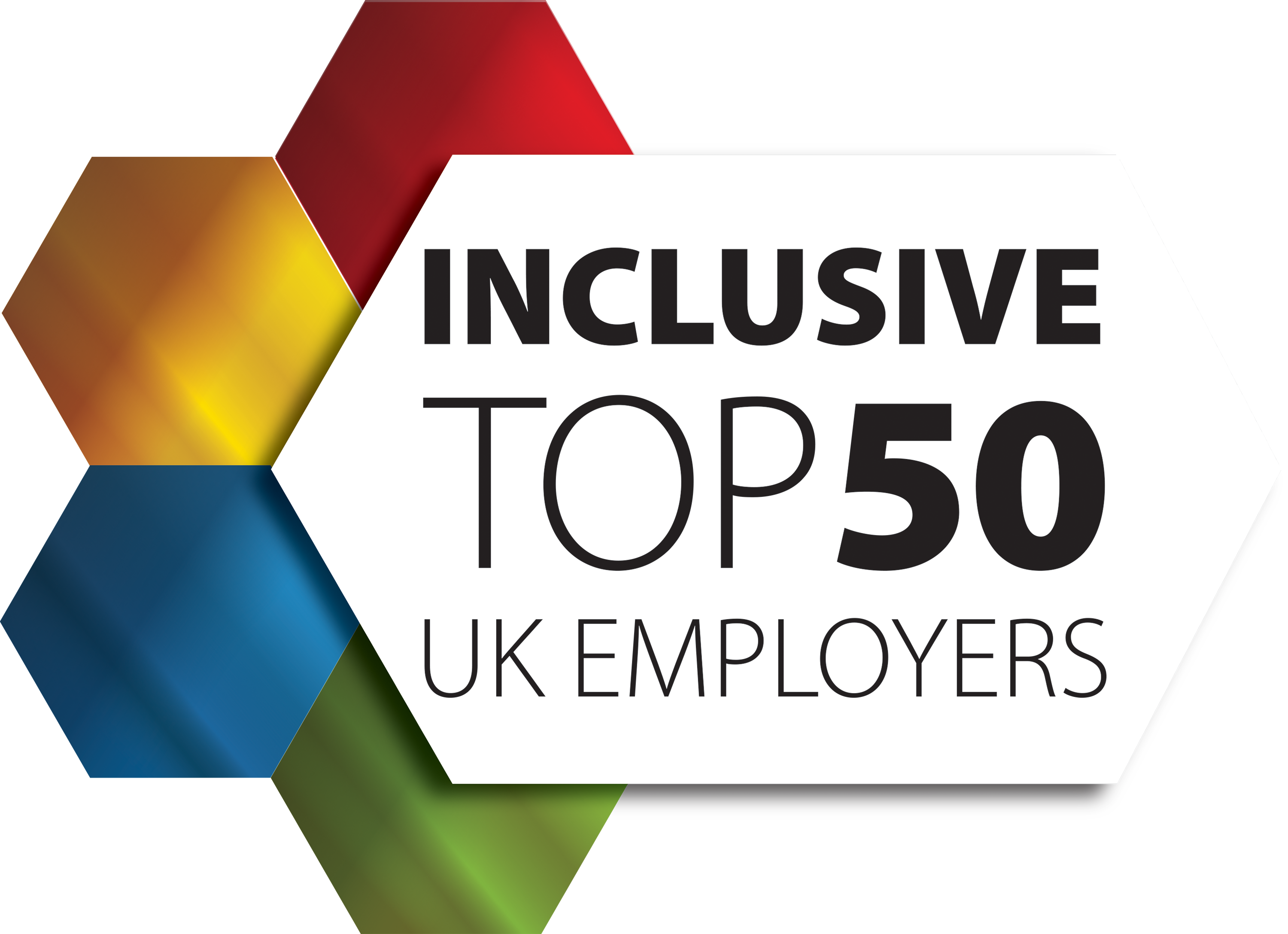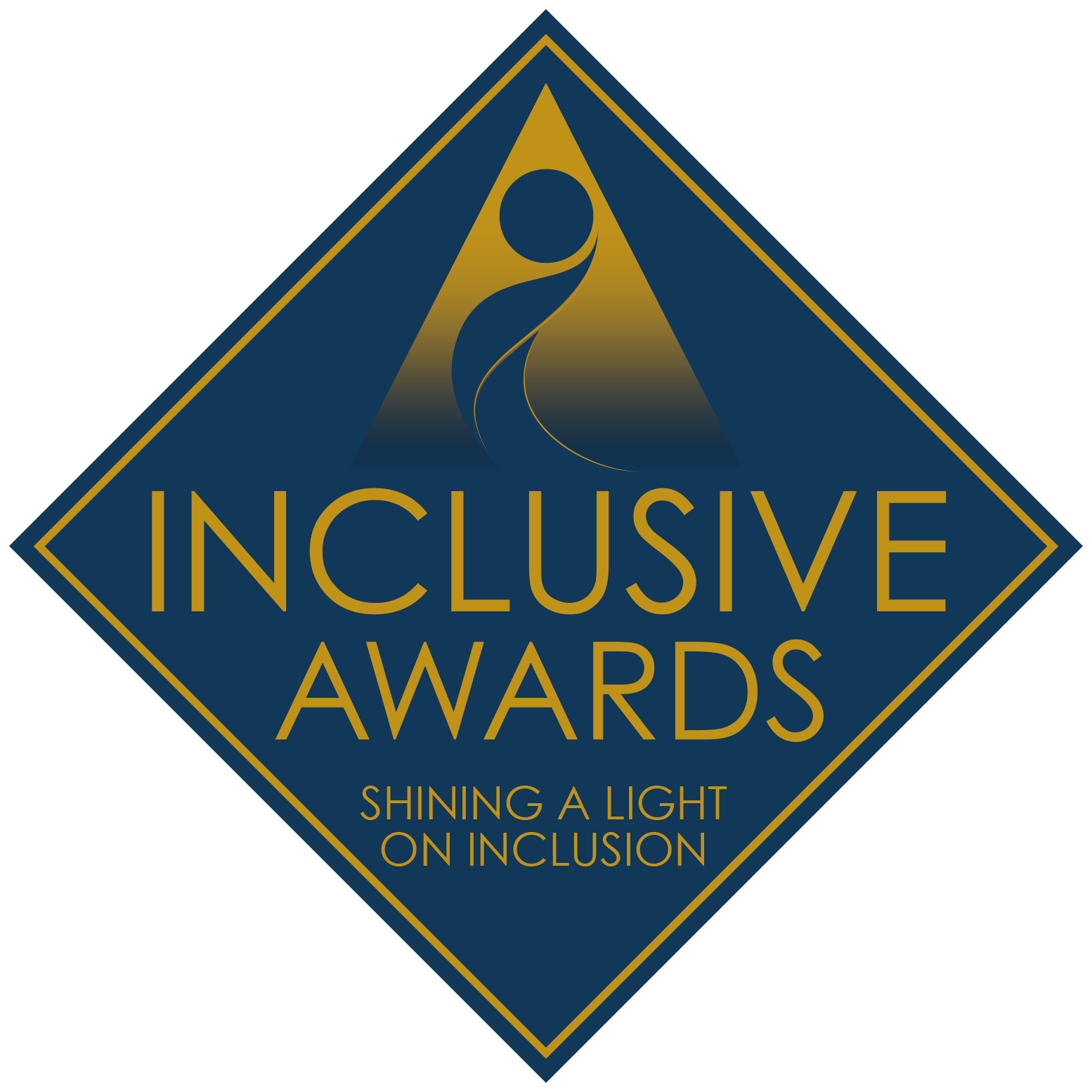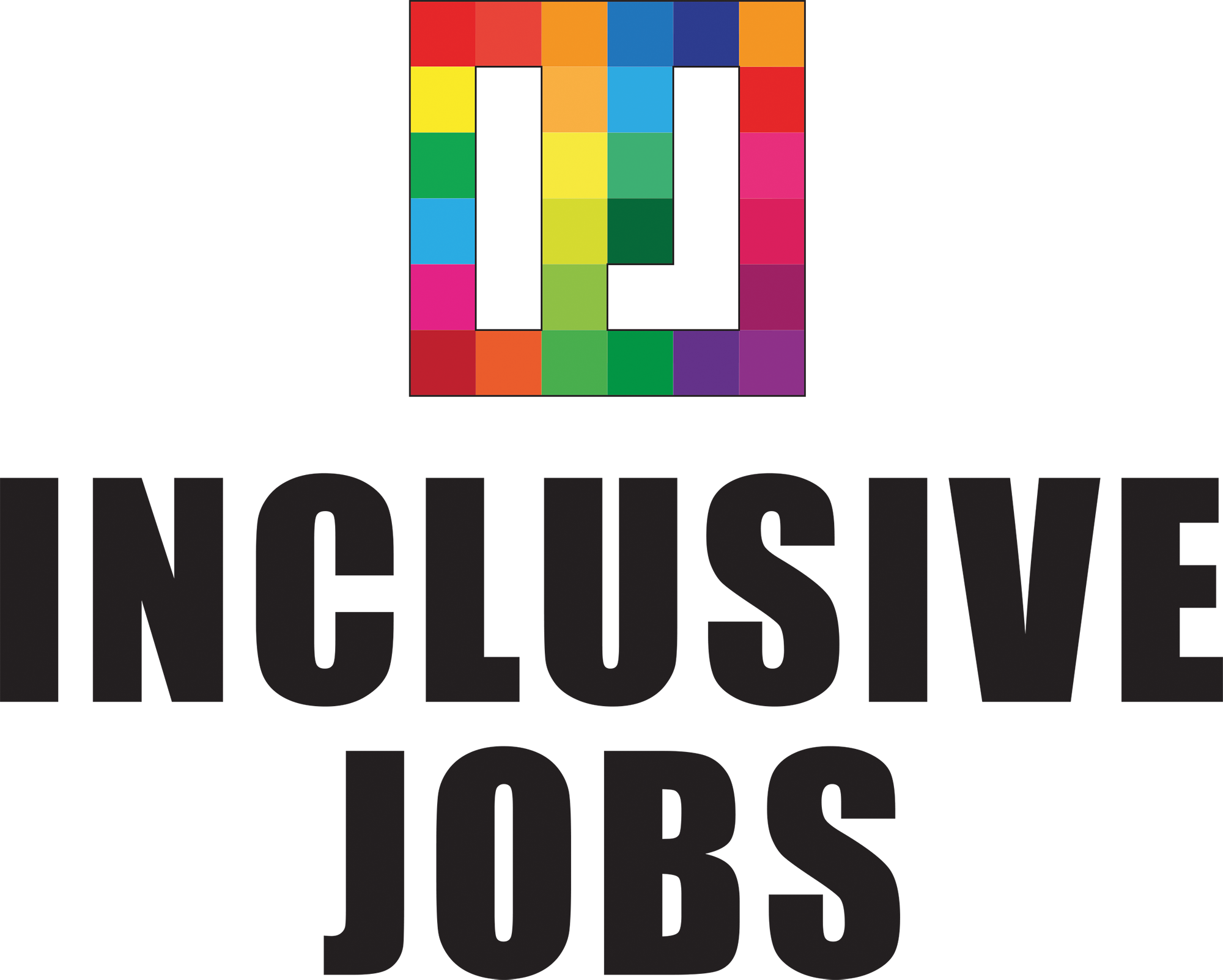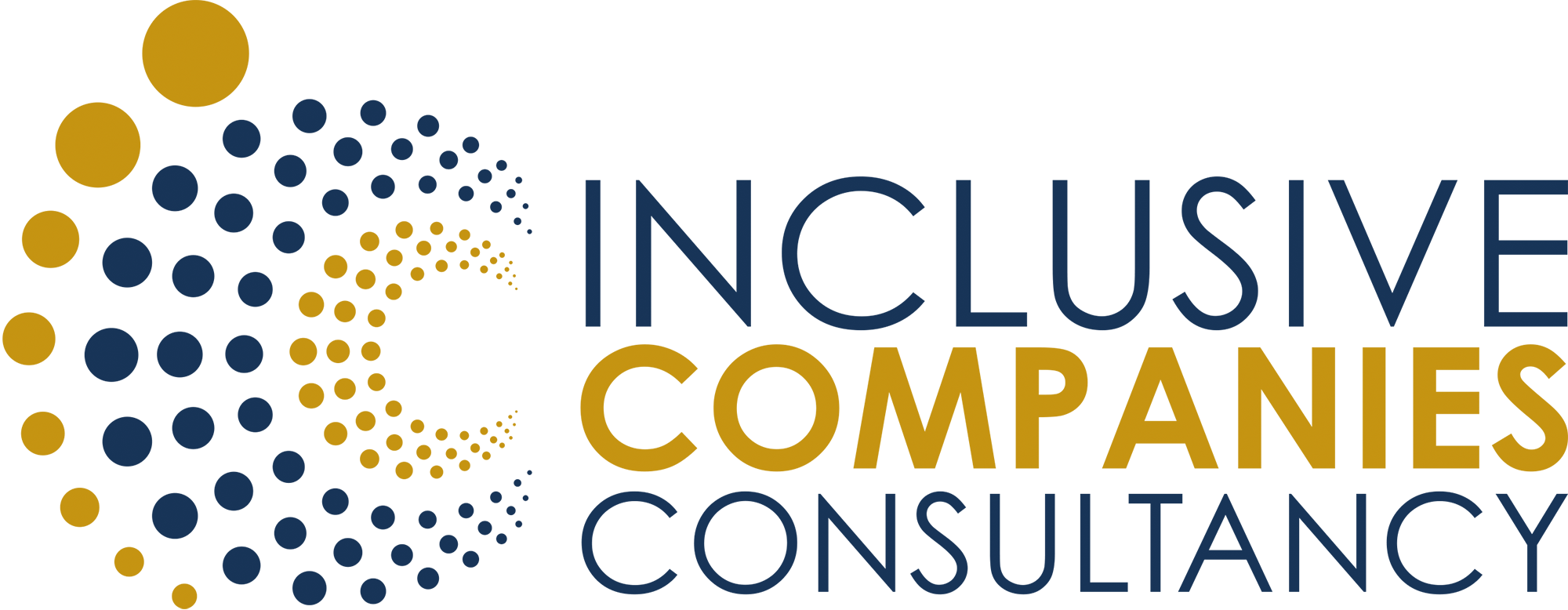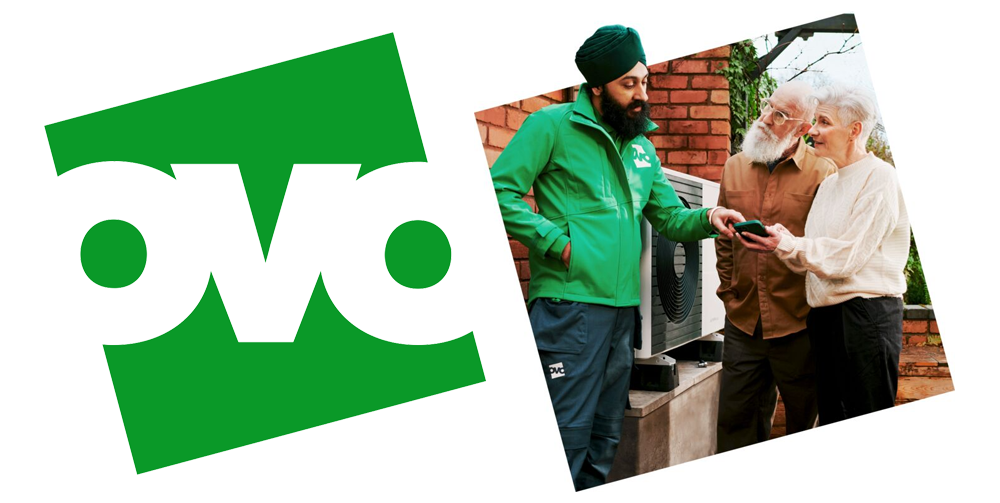
In 2009, OVO was born to make energy better for people and the planet. Today, OVO is trusted by around four million customers with their home energy, EV charging, green tech upgrades and more.
As a valued member of Inclusive Companies, we know the OVO team very well.
They have an exciting partnership with The Aleto Foundation whose mission is ‘to support the development of the next generation of leaders.’ The partnership with OVO, and other organisations, looks to get young people into careers of their choosing and help accelerate their path, irrespective of their backgrounds.
My blog ‘Why diverse communities are a corporate superpower,’ explains the multitude of reasons why organisations should reach out to their local community groups. So many benefit from joined-up working: those seeking employment, those within employment, the productivity of an organisation and its attractiveness to client and customers.
I spoke to Alessandro Storer (pictured below) Head of Inclusion and Belonging at OVO, about how they put this superpower into action: I hope it inspires you to adopt a similar approach to bring similar positivity to your workforce and workplace.
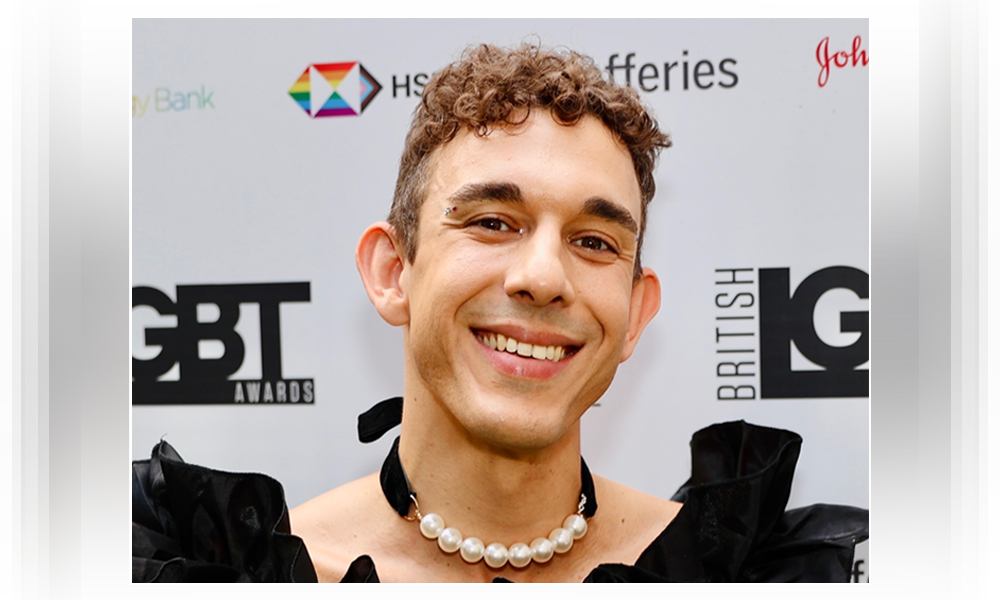
Why is it important for you to extend your EDI practices into your wider community?
“Well, to be clear, we don’t separate our internal and external activities because they are intrinsically linked. If that were not the case, we couldn’t achieve our mission of enabling everyone to reduce their carbon footprint and fight the climate crisis. We don’t just sell a product: we look to make a positive impact on society (and the world) by working together to address climate change. Our organisation, stakeholders, customers, community and wider society are all part of this: by working together we will succeed.”
What drives your community outreach?
“Given our business goal, we are driven to work with the wider community as part of our ‘raison d’etre’. But how we view our community and how we engage with them should be no different to other organisations. In essence, our community outreach is driven by two things:
- We need to better understand our customers if we want them to join us on the decarbonisation journey. Communities consist of diverse people; we need to speak with everyone as taking action on climate change is everyone’s business. Whatever their background.
- Change for the better thrives on innovation and creativity. Embracing people’s diversity brings fresh ideas and new ways to work.
Why do you focus on supporting younger people?
“It is generally acknowledged that the younger generation holds the key to solving climate change. This is where our partnership with The Aleto Foundation is so productive and important.
“Each year, they bring to us 10 young people who will join our journey. OVO gives them real business challenges to work through together to find solutions. We give them the chance to be creative, be listened to and have their ideas taken forward. They love this opportunity and we gain by seeing things from their perspective.”
How do you structure this working relationship?
“We are serious about this relationship. Our 10 young people have dedicated time with our senior leaders and Chief Commercial Officer. This is a key thing for other organisations to consider. An internship does not need to be with junior colleagues and HR. Get your C-Suite involved; provide senior mentors; have face-to-face and virtual sessions.”
Is this a good recruitment avenue for OVO?
“As part of this programme, five of the 10 will be hired by OVO as a paid intern for 10 weeks to develop their ideas into solutions. In the past, some of these internships have translated into the young people staying with us in a full-time position. So you see this is no tick box exercise: it’s a true, meaningful EDI programme that has real value and impact.
“This is the third year we have been in partnership with Aleto and already our team is enriched by four people joining us having come through this partnership.”
What do you value in your Aleto partnership?
“I value the strength of our relationship which goes beyond simply giving job opportunities to young people. We share content and conversations; we meet their alumni; we have become part of their network which encourages dialogue with young people who are not coming through the more formal, traditional routes to the workplace.
“Even more than that, it’s created a great buzz internally; people are excited to be part of the programme in their roles as mentors and colleagues. Despite the size of our organisation, OVO has a ‘start up’ mentality which truly encourages people to speak up, make a change and thrive.”
Has your Aleto partnership helped to shape better workplace policies and practice?
“Absolutely. I’ll give you an example. We were looking at events focusing upon gender equality and the best ways to make it relevant for our own community. A young Nigerian man was on our panel. His home country has a culture where the man is the breadwinner and is expected to be strong and decisive. It transpired that he was struggling with some mental health concerns but simply could not talk about these at home or within his social circle. But he could speak openly at OVO as it was a safe space.
“We have learned that not everyone is fortunate enough to have the same experience outside of work as they do at work. Those safe spaces are absolutely vital in allowing conversations to take place and support to be given and received.”
What more do you need to do?
“There is always more to do to embed EDI at the heart of their culture. We are far from perfect – no organisation is! The more you do, the greater progress you will make. However, good work in some areas will always show where you need to do more in others….
“At OVO, we need to improve black representation in our leadership. Approximately 15% of our organisation’s workforce comes from diverse backgrounds but that falls to 8% when talking about leadership and we have no black representation at all.
“To address this, we’ve launched our Black Leadership Academy which actively seeks black middle and senior managers. The changes this will bring are vitally important in encouraging future generations to join OVO. Aspirational figures, in these leading positions, mean so, so much.”
What has OVO gained by being community focused?
“Social Mobility, first and foremost, driven by intersectionality. Our partnership with The Aleto Foundation has opened up conversations across our organisation. By having C-Suite involvement, on a daily basis, it has encouraged senior colleagues to talk about their own protected characteristics. It is empowering to hear a senior manager explain how they manage their dyslexia, for example, telling how it is not a barrier for them. By so doing, they have removed the notion of there being a barrier for other people.”
Did you have to navigate any corporate red-tape to introduce these EDI ideas?
“No. Our start point is toengage individuals as people, not job titles or labels. It sounds trite but it’s true: this is the whole basis of inclusion to encourage and embrace people for who they are. By showing the human side of our leaders, OVO has been able to cut through the usual corporate nonsense and allow people to connect as human beings.”
How would you recommend organisations to get started in reaching out to their local communities?
“Before you start there are some prerequisites:
- You can’t fake it! You have to believe it and want it.
- You must have a very clear understanding of what drives your organisation: why does it exist? What are its values? And does all of this align with being inclusive?
“It is, I think, easier for an organisation such as OVO as our mission and vision are heavily focused upon the community. It’s summed up in our strapline: ‘It takes all of us to change the world.’
I would advise the following initial steps:
Step 1:
Understand how you will incorporate and align inclusion into every aspect of your business. Do not be afraid to seek advice and support to build a diverse and inclusive community.
Step 2:
Approach it ‘top down’. The more common way is to go with a ‘bottom up’ approach. However, getting the C-Suite to be active contributors, sharing experience and mentoring is crucial to developing a strong, supportive inclusive culture.
Step 3:
Ensure that EDI is a priority, not a ‘nice to have’. By having a successful Step 2, you will have a Board which is happy to be held accountable for Leadership Engagement.
Step 4:
Track and measure what you are doing. How on earth can you know that what you are doing is having the desired effect and results if you don’t measure it?
Personally, I’d engage a team with very strong data skills to track and measure engagement and impact of various policies, procedures, events and activities. Then the gamechanger is to give them the scope to recommend changes to get better results. ‘Good enough’, by definition, is not good enough!
Finally, find your own sounding board among your like-minded organisations.
We have built a very rewarding partnership with The Aleto Foundation but the confidence and strength to reach out to people within our organisation and to wider communities has stemmed from our relationship with Inclusive Companies. Being part of this thriving community of like-minded, supportive organisations has really helped guide us and I hope we have guided others.
Nothing is ‘off the shelf’ in their training: it is always very carefully tailored to our own organisation and that is achieved by having good, open dialogue. Events and programmes, be they live or online, are always pro-active and engaging. By sharing real world experiences, not just theoretical ‘best practice’, Inclusive Companies members have really enriched our outlook and approach.
We have made giant steps and will continue to have a journey ahead of us, but our resolve is strengthened by the people and organisations with whom we collaborate.”

